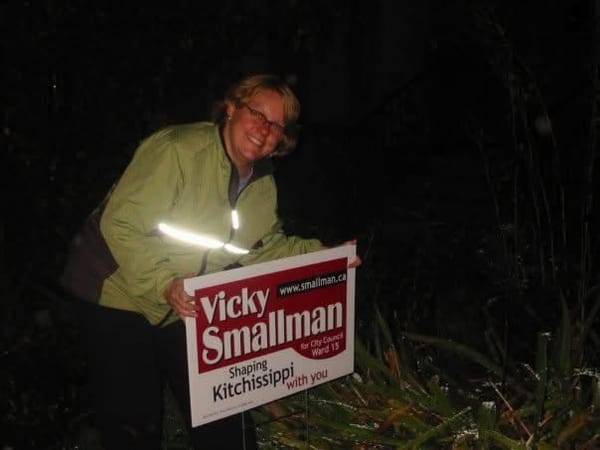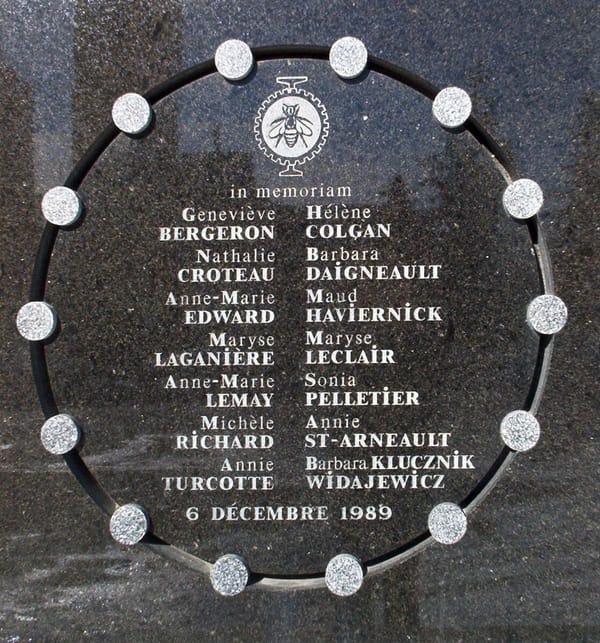Stages of Political Grief

If you were a follower of the first iteration of Miss Vicky's Offhand Remarks, you'll know that I am a longtime New Democrat and a proponent of progressive politics generally.
So as you can imagine, the last several months have been challenging. Like many New Democrats, I've been surfing all of the stages of political grief... sometimes simultaneously. I've also been watching people on the left go through varying degrees of denial, anger, bargaining and depression. It's playing out in riding associations, lunchrooms, pubs, coffee shops, TikTok and every other social media platform. It's painful but also necessary and I don't begrudge anyone their need to vent.
But I'm a problem-solver by nature, and I have the perspective of someone who's been involved in the party in many different ways over almost thirty years.
We've been here before. We've had crushing defeat that impacted our status in the House, our financial well-being as a party, our sense of collective identity and our trust in each other. And each time we have had some kind of process not just to examine what led to our setback, but to reflect on what brings us together and how we can renew, rebuild and continue to grow.
In 1993 we lost party status and were reduced to 9 seats. The party had to make some tough financial choices, including selling the headquarters building in Ottawa. They launched a renewal process - an extensive consultation and discussion on everything from the party's mission and principles to structure, relations with provincial sections, and policy.
The labour movement also held its own discussions in parallel to this process (something i may write about later).
An extensive report was presented at the 1995 convention when a new leader - Alexa McDonough - was elected.
The process didn't end there, however. I moved to Ottawa in 1998 to act on one of the renewal outcomes, which was a process to examine the social democratic approach to federalism, Quebec and the constitution. It was a broad consultation that engaged people in the party and in social movements, with events in almost every province and territory and a lot of other meetings with key individuals and organizations.
In 2000 we suffered another setback, losing seats that we had gained in 1997's Atlantic Breakthrough. This time, a steering committee made up of members of Federal Council and others led the process. It wasn't extensive as the one in 1995 but still involved considerable reflection, listening and member engagement. Labour again had its own process, which continued for several years through changes in political financing and party structure and decision-making, not to mention the 2003 leadership race.
The Report of the Steering Committee on the National Discussion on the Future of the New Democratic Party of Canada was presented to the Convention in Winnipeg in January 2001.
During this time there were a couple of important grassroots initiatives also happening. One group - NDProgress - focused largely on the renewal of democratic processes and structures within the party. A particular emphasis for them was the leadership selection process, and they built considerable momentum for a one member one vote system for electing the leader. And then there was the New Politics Initiative. According to Jim Stanford, one of the founders, the idea was to build
"an electoral party with closer links to the new energy in the grassroots social movements, to better unify our efforts, push our demands, win converts, and fight for change — both inside parliament, and outside. The NPI thus launched a proposal that the NDP reconstitute itself (in active cooperation with other organizations and progressive parties) as a broader, inclusive, more movement-connected party".
The debate at the Winnipeg convention was intense. One Member One Vote passed, but the NPI resolution was a challenge, especially with the recommendations from the renewal report also covering some of the same ground. In many ways, the debate over the NPI's proposal to establish a new party overshadowed some of the steering committee's recommendations - which did pass. And buried in the convention materials of 1993 is a report from then-Federal Secretary Chris Watson which reports to convention delegates all of the actions taken to follow up on the recommendations.
Fast forward to 2025. Here we are, on the heels of a defeat that feels a lot like 1993 (even down to the neoliberal policies of the Liberal victors... but I digress).
It's been more than 20 years since the party truly reflected on our purpose, vision, values, structure and processes. Through the grief and the hurt I have heard expressed by many people at all levels of the party - from grassroots activists to riding volunteers to candidates, party and caucus staff and MPs past and present - I sense a profound desire to find a way through this, together, and to reconnect with the values and aspirations that brought us into the party in the first place.
I was very glad to see the party launch a review process led by my friend Emilie Taman. But the timeline is short and the scope feels too narrow, focusing on reviewing this past campaign.
It is hard to see the future if you don't know where you've been. But we don't have to start from scratch. I started a bit of a side quest this spring to refresh my memory of these renewal processes and their outcomes. I can't say I have put all the pieces together yet as many of the documents are hard to find. But I have dug up a few interesting pieces.
That is why I was intrigued to see former Members of Parliament Peter Julian and Matthew Green launch a grassroots renewal project this week - one that looks back to the 1995 report while it looks forward to what we need to do now. They are just getting started, but it is worth checking out their website and taking their survey. I look forward to seeing where it all leads.



